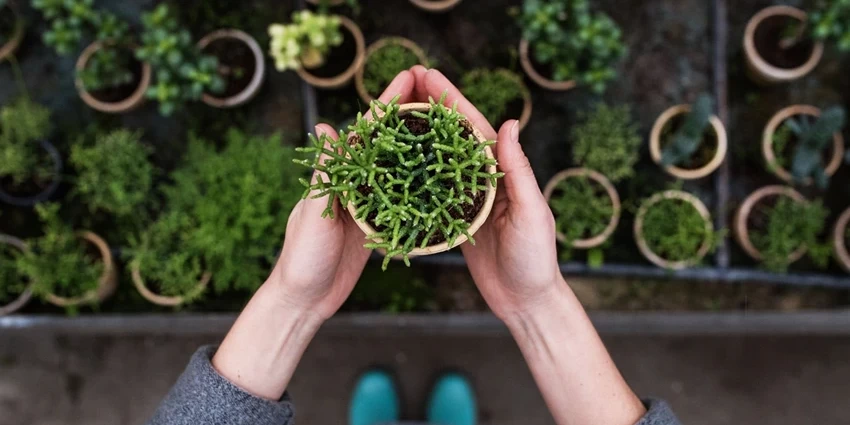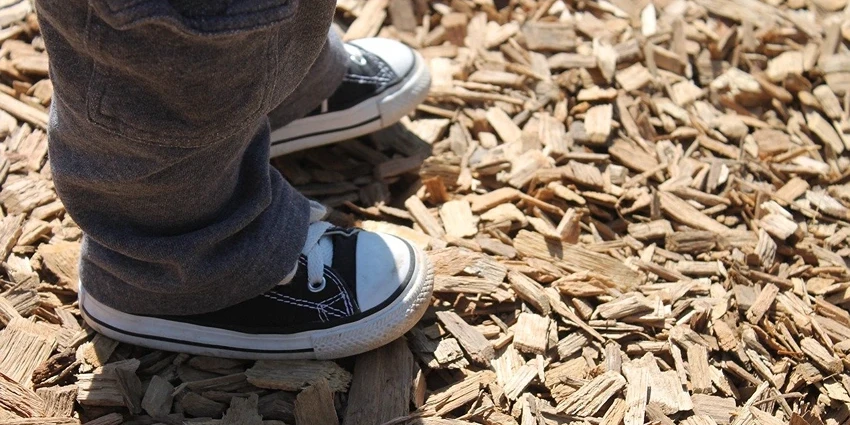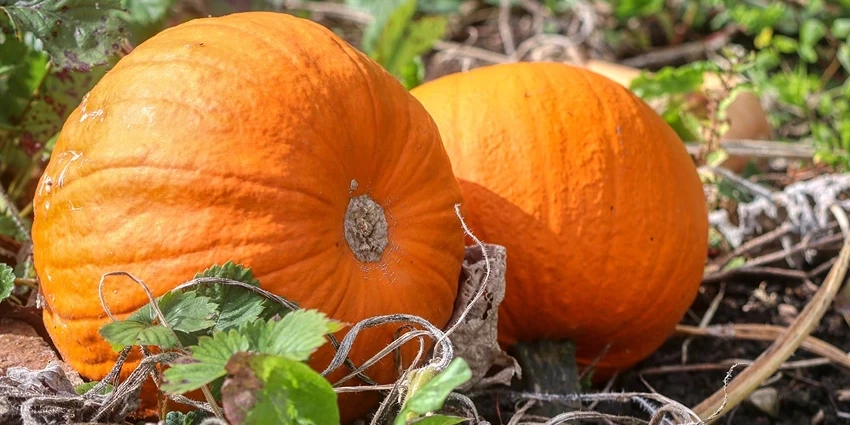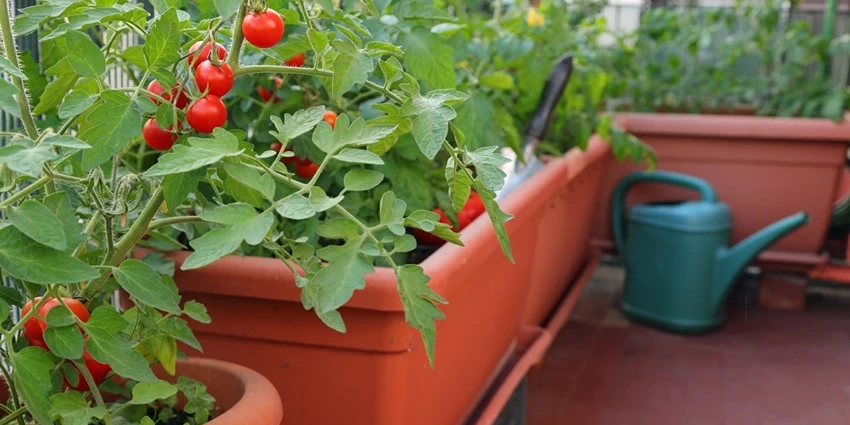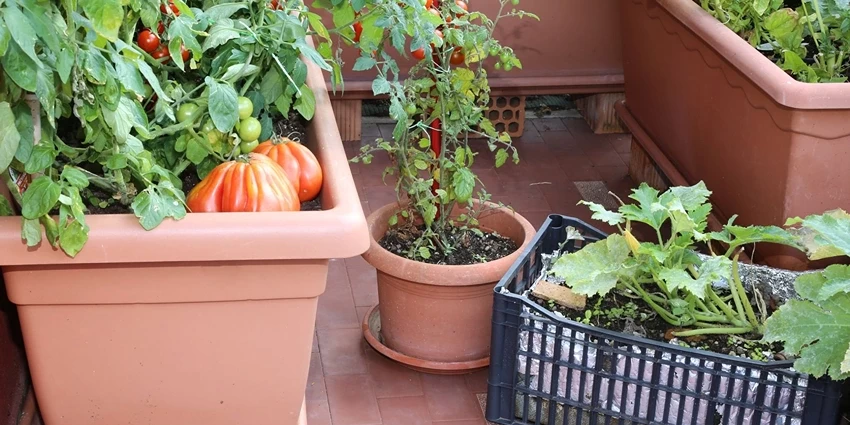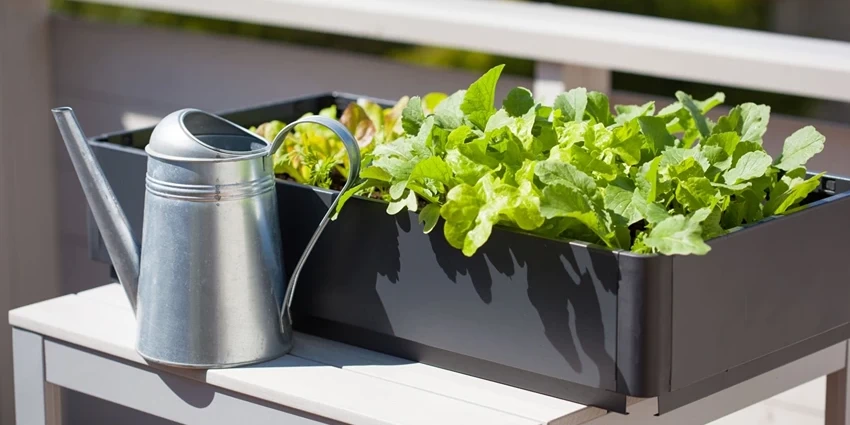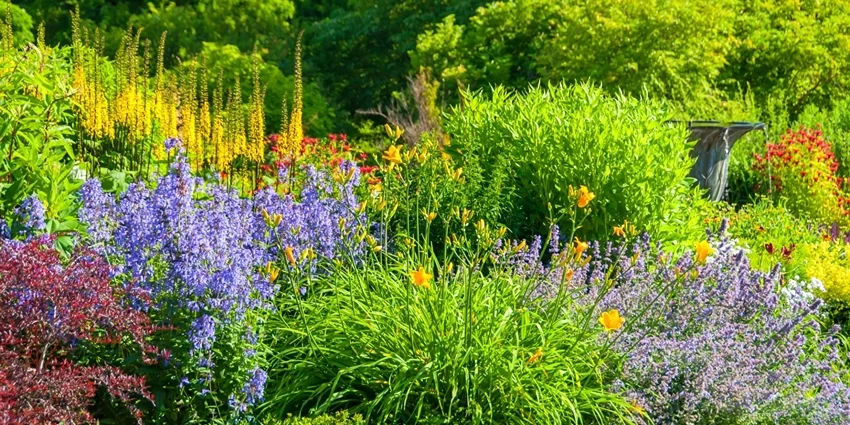All products were chosen independently by our editorial team. This review contains affiliate links and we may receive a commission for purchases made. Please read our affiliates FAQ page to find out more.
Home » Gardening Practices » Organic Flower Gardening
Gardening is not just a hobby; it’s a way of life. The art of nurturing plants, watching them grow and bloom, is a rewarding experience that brings joy and a sense of accomplishment. Among the various types of gardening, organic flower gardening holds a special place. It’s about growing flowers without the use of synthetic chemicals, creating a natural, sustainable environment that benefits both the gardener and the ecosystem.
Register for our latest in-depth reviews and product round-ups from the experts.
Enter your email address below to receive our monthly review emails.
By entering your details, you are agreeing to our terms and conditions and privacy policy. You can unsubscribe at any time.
Embracing Organic Gardening: A Natural Approach
Organic gardening is more than just avoiding chemicals. It’s a holistic approach that involves understanding and working with nature. This method ensures that your garden is not only beautiful but also contributes positively to the environment.

Why Organic?
- Environmental Benefits: Reduces pollution and conserves water.
- Healthier Plants: Stronger, more resilient plants.
- Wildlife Friendly: Attracts beneficial insects and birds.
Choosing Your Flowers: The Heart of Your Garden
Selecting the right flowers is crucial in organic gardening. Blooms, perennials, and annuals each have their unique characteristics and requirements.
Blooms: The Showstoppers
- Vibrant Colors: Brighten up your garden with a variety of hues.
- Attract Pollinators: Essential for a healthy ecosystem.
Perennials: The Long-Term Companions
- Less Maintenance: They return year after year.
- Diverse Options: Suitable for various garden conditions.
Annuals: The Seasonal Beauties
- Instant Impact: Quick to grow and flower.
- Variety: Allows for changing themes each year.
The Foundation of Success: Soil Health
Healthy soil is the backbone of any garden, especially an organic one. It’s not just about dirt; it’s a living, breathing ecosystem that needs care and attention.
Preparing Your Soil
- Testing: Understand your soil type and pH.
- Organic Matter: Enrich with compost and natural fertilizers.
- Mulching: Retain moisture and suppress weeds.
Maintaining Soil Fertility
- Regular Composting: Adds nutrients and improves soil structure.
- Crop Rotation: Prevents soil depletion and disease build-up.
Natural Pest Control: Protecting Your Garden Organically
Pests can be a challenge in any garden. However, in an organic garden, the focus is on prevention and natural remedies.
Preventive Measures
- Healthy Plants: Strong plants are less prone to pests.
- Diversity: Plant variety can deter pests.
Natural Remedies
- Beneficial Insects: Attract predators like ladybugs and lacewings.
- Organic Sprays: Use neem oil or soap sprays for infestations.
Watering and Feeding: Nurturing Your Garden
Proper watering and feeding are essential for the health of your organic garden. It’s not just about quantity but also about the quality and timing.

Watering Tips
- Deep Watering: Encourages deep root growth.
- Morning Watering: Reduces evaporation and fungal diseases.
Feeding Your Garden
- Organic Fertilizers: Feed your plants without harming the environment.
- Compost Tea: A natural, nutrient-rich solution for your plants.
Seasonal Care: Adapting to the Garden’s Needs
Each season brings its own set of challenges and opportunities for the organic gardener.
Spring
- Planting: Start your annuals and perennials.
- Soil Preparation: Enrich with compost.
Summer
- Watering: Keep up with the needs of your growing plants.
- Pest Control: Monitor and manage pests naturally.
Autumn
- Planting Bulbs: For spring blooms.
- Soil Enrichment: Add compost and mulch to prepare for winter.
Winter
- Planning: Reflect and plan for the next season.
- Protection: Protect sensitive plants from frost.
Selecting the Right Containers: The First Step to a Bountiful Harvest
The container you choose for your vegetable garden can have a significant impact on the health and yield of your plants.
Container Types
- Material Matters: Options include clay, plastic, fabric, and more.
- Drainage is Key: Ensure containers have adequate drainage holes.
Size and Depth
- Root Room: Different vegetables require different pot depths.
- Space Savers: Vertical gardening options for small spaces.
The Best Vegetables for Container Gardening: A Guide to Cultivation
Not all vegetables are created equal when it comes to container gardening. Some thrive in the confined space, while others may struggle.
For those who enjoy outdoor cooking, finding the best charcoal BBQ can enhance your gardening and culinary experience.
Top Performers in Containers
- Leafy Greens: Lettuce, spinach, and kale are excellent choices.
- Root Vegetables: Radishes and carrots do well in deep containers.
- Tomatoes and Peppers: With proper support, they can flourish.
Herbs: A Flavorful Addition
- Easy to Grow: Many herbs like basil and mint are container-friendly.
- Continuous Harvest: Pinch and use as needed for fresh flavors.
Organic Practices in Container Gardening: Nurturing Your Plants Naturally
Organic gardening isn’t limited to the ground. Container gardens can also benefit from natural growing practices.
Soil and Compost
- Organic Potting Mix: A good start for container vegetables.
- Homemade Compost: Nutrient-rich and cost-effective.
Natural Pest Control
- Companion Planting: Deter pests by planting strategically.
- Organic Sprays: Neem oil and insecticidal soaps can be effective.

Watering, Feeding, and Maintenance: The Pillars of Container Gardening
Consistent care is crucial in container gardening due to the limited resources available to your plants.
Watering Wisely
- Consistency: Containers dry out faster than ground soil.
- Self-Watering Containers: An option for busy gardeners.
Feeding Your Plants
- Liquid Fertilizers: Easy for plants to absorb.
- Slow-Release Options: Less frequent application needed.
Overcoming Challenges in Container Gardening: Troubleshooting Tips
Even the most attentive gardeners can face challenges. Here are some common issues and their solutions.
Common Problems
- Over/Under Watering: Balance is crucial.
- Nutrient Deficiencies: Recognize the signs and act accordingly.
Solutions
- Water Gauges: Monitor moisture levels.
- Regular Feeding Schedule: Keep your plants nourished.
Frequently Asked Questions
Starting a container vegetable garden involves selecting suitable containers, choosing the right soil mix, picking compatible vegetables, and ensuring adequate sunlight and watering.
The best vegetables for container gardening include tomatoes, peppers, leafy greens, herbs, and root vegetables like carrots and radishes.
It’s not recommended to use regular garden soil in containers as it may not provide the proper drainage and aeration that container plants require.
Oliver, a creative powerhouse and gardening enthusiast, brings a unique blend of scientific knowledge and artistic flair to BritishGreenThumb.co.uk. Growing up in the vibrant city of Brighton, Oliver's earliest memories involve exploring the city's picturesque parks and gardens, which sparked his lifelong passion for horticulture.


